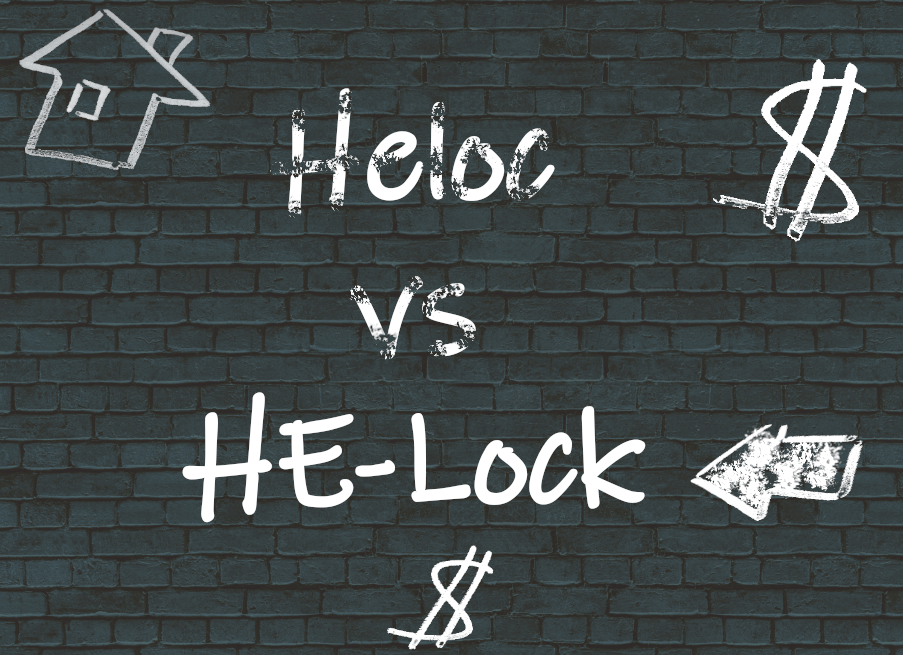By Logan Floyd
What exactly is a home equity loan? More importantly, what can a home equity loan do for you?
“A home equity loan provides the best combination of low rates and longer terms than any other loan,” according to Armco CU senior lending manager Bill Hershman. “By using the value of your home, you borrow money you can put toward any major expense.”
You also hear home equity loans called second mortgages, since people sometimes take them out on top of the mortgage they used to purchase their home, he said.
A home equity loan can pay off in the future!
A home equity loan can offer the chance for a good return on investment. For example, if you were to use your loan to renovate your home, with smart planning, you may be able to increase your home’s resale value. But the possibilities don’t end there. With a home equity loan, you could cover a variety of different expenses from weddings to bill consolidation at a lower rate.
HELOC provides flexibility
To get the most flexibility out of your home equity, look no further than a Home Equity Line of Credit (HELOC). The main difference between a home equity loan and a HELOC is that instead of a one-time payment, a HELOC gives you a line of revolving credit from which you can borrow money, pay it down, and borrow again. You only pay interest on what you use.
The Armco HE-Lock versus HELOC
Most banks offer a variable rate Home Equity Line of Credit, meaning the interest rates keep changing. However, what sets the Armco HE-Lock apart is that we offer the ability to “LOCK” in all or a portion of your line of credit using current home equity rates and terms. (Thus, our unique “HE-Lock” program).
Imagine you take out an $80,000 HE-Lock and LOCK in $20,000 for a new roof at today’s home equity rate. A year later, your daughter gets engaged so you LOCK in an additional $30,000 to pay for the wedding at that day’s current rate. No need to reapply for a new loan. HE-Lock has you covered under one agreement and one monthly payment.
Armco CU offers additional value by covering most closing costs. We only charge a one-time origination fee of just $150, while other financial institutions may charge up to $1,000 in closing costs If you’re comparison shopping, don’t just consider rate. Always read the fine print!
Still have questions? Our Account Servicing staff is here to help. Call any branch during office hours. Click here for more information or important disclosures.



















